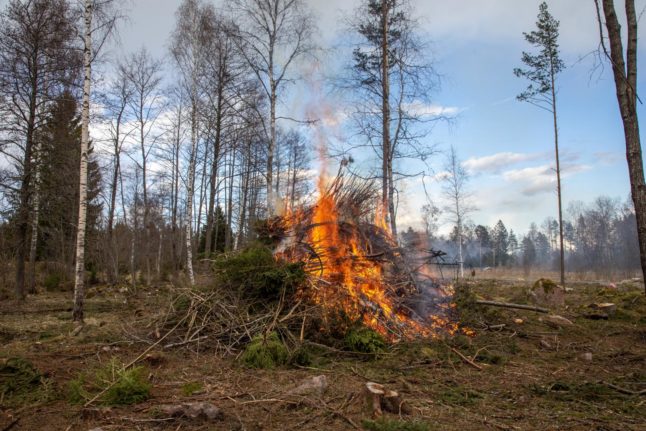After the September 9th election left neither of the two main blocs with a clear majority and incumbent prime minister Stefan Löfven lost a confidence vote, speaker Andreas Norlén gave the leaders of the two biggest parties two weeks each to try to find support for a workable government. Neither Moderates leader Ulf Kristersson nor Löfven succeeded in the task.
Instead of giving another party the task of trying to build a government, Norlén has chosen to go down another route.
Sweden has never gone this long without a government before, and the speaker will now take a more active role in the task of building one.
“Now two relatively long exploratory mandates have been carried out for a total of four weeks, without any particular result. The deadlock persists. My assessment therefore is that right now there are no grounds to name a new person,” Norlén explained.

The speaker pictured during talks with many of Sweden's party leaders. Photo: Henrik Montgomery/TT
“I want to put a focus on the government alternatives which one or several parties have put at the top of their list, and get a picture for myself of how the party leaders are discussing the different alternatives with each other,” he said.
The talks will begin at 9am with a meeting between Norlén and the leaders of the Social Democrats, Green Party, Moderates, Centre Party, Liberals, and Christian Democrats.
At 10am, the leaders of the Moderates and Christian Democrats will leave the room so that the remaining four parties can discuss the possibility of working in a coalition, and an hour later the Alliance parties (Moderates, Centre Party, Liberals, and Christian Democrats) will talk with the Green Party, before the final talk, involving just the four Alliance parties.
Two parties will not take part in the talks, the Left Party and Sweden Democrats, since no other parties have suggested governing in coalition with them. However, Norlén said he would continue to be in contact with the leaders of these two parties, which could still be decisive in the next government.
It's not essential for a majority in parliament to support a government proposal, but it will fail if a majority vote against it. If they cannot agree, a new election shall be held within three months. However, this has never happened in Swedish history because parliament has always approved the first proposal.



 Please whitelist us to continue reading.
Please whitelist us to continue reading.
Member comments